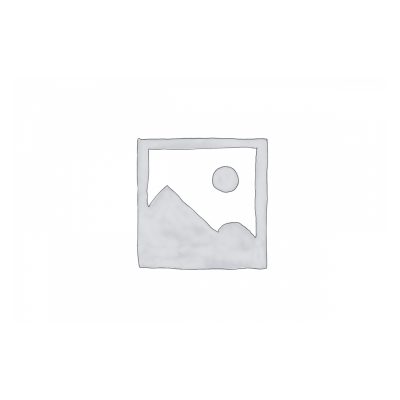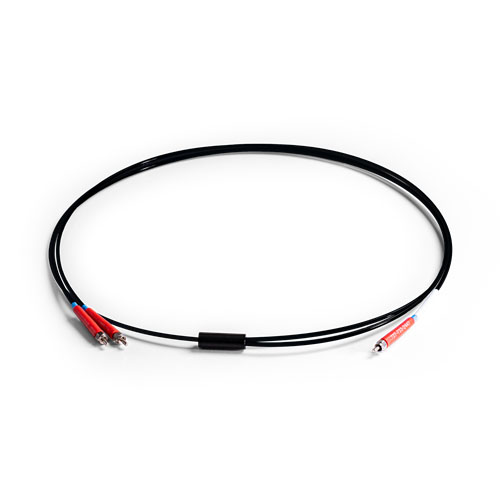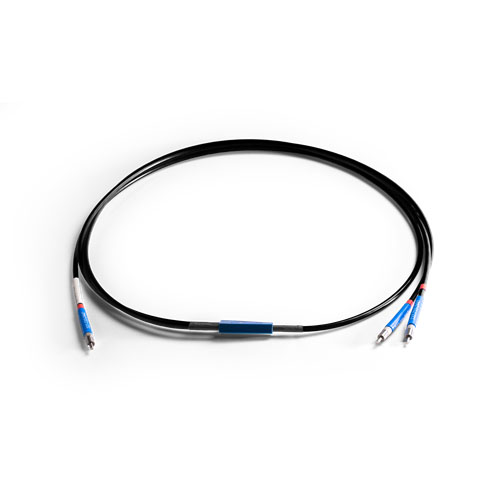.
Mixed UV-Visible & Visible-NIR Bifurcated Fibers
Bifurcated optical fiber assemblies have two fibers in the common end and break out into two legs at the other end. The fiber type (i.e., its most efficient transmission range) used in each leg can be the same or different, depending on your application needs.
“Mixed” bifurcated fibers comprise one UV-Visible (300-1100 nm) and one Visible-NIR (400-2100 nm) assembly.
Bifurcated fibers are good for routing equal amounts of light from a single source to two different locations, or from a single sample to two spectrometers configured for different wavelength ranges.


Mixed UV-Visible & Visible-NIR Bifurcated Fibers
Features
- Versatile fiber assembly
- Transmission efficiency
- Jacketing options
- Convenient handling
- Robust
specifications
Subject to change depending on model type
Engineering: |
|
|---|---|
| Fiber Core Size | 200 µm, 400 µm |
| Jacket | PVDF zip tube, Silicone-coated steel monocoil |
| Length | 2 m |
| Wavelength Range | 300nm – 2.1μm |
| Buffer Materials | Polyimide |
| Cladding OD | 10 µm, 20 µm |
| Cladding OD Tolerance | ± 4 µm, ± 3 µm, ± 5 µm |
| Connector | SMA 905 |
| Fiber Core Size Tolerance | ± 4 μm, ± 8 μm |
| Long Term Bend Radius | 16 cm, 8 cm |
| Maximum OD | 243 µm, 487 µm |
| Primary Buffer OD | 10 µm, 20 µm |
| Primary Buffer OD Tolerance | ± 7 µm, ± 5 µm |
| Short Term Bend Radius | 4 cm, 8 cm |
Environmental: |
|
| Operating Temperature | -65 to 300 °C |
Manufacturers
show DATA — DO NOT CHANGE ID–
Industries
show DATA — DO NOT CHANGE ID–
Methods
show DATA — DO NOT CHANGE ID–



